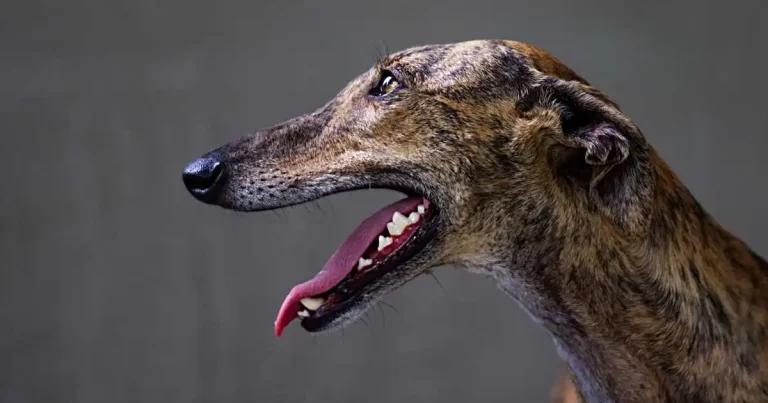15 Jul 2025
But sport’s governing body claimed it had demonstrated will to raise welfare standards, despite increase in number of recorded track deaths last year.

Image: encierro / Adobe Stock
The BVA has urged policymakers to uphold their “collective responsibility” on animal welfare after plans to ban greyhound racing in Wales were shared.
Ministers have confirmed they intend to introduce new legislation to the Senedd this autumn and campaigners have called for other UK administrations to follow their lead.
But the sport’s governing body claimed it had demonstrated the will to raise welfare standards, despite new figures showing an increase in the number of recorded track deaths last year.
So far, the BVA has not adopted a formal public position on the greyhound debate amid the ongoing review of its own animal sport policy, which is expected to report later this year. But the group did raise concerns about potentially negative welfare impacts on greyhounds that are suddenly retired in a joint-consultation submission with the BSAVA last year.
Although the Welsh Government has said it will set up an implementation group, both to support affected communities and protect animal welfare, BVA president Elizabeth Mullineaux warned it was essential for policy decisions to be evidence based.
She said: “When animals are used for human benefit, including in sport, we have a collective responsibility to minimise harm, promote positive experiences and uphold the highest standards of animal welfare at all stages of the animal’s life.”
Details of the planned legislative timetable also preceded the publication of the latest annual injury and retirement data from the Greyhound Board of Great Britain (GBGB).
While several hundred fewer injuries were recorded at its tracks in 2024, the number of fatalities rose for the second successive year to 123.
Critics of the sport, including the RSPCA, argued the latter figure, which took the total of track fatalities since 2018 to 1,100, demonstrated the sport was “simply incompatible” with protecting animal welfare.
Dogs Trust chief of staff Adam Clowes added: “Greyhound racing is inherently dangerous and the only acceptable outcome is for it to come to an end across the UK.”
But the GBGB said its fatality rate of 0.03%, from more than 355,000 race runs, was significantly lower than that of horse racing, while injuries accounted for a further 1.07%.
In recent months, the organisation has been calling for the implementation of a statutory levy, similar to the system used in horse racing, which it claims is needed to ensure further welfare improvements.
Chairperson Jeremy Cooper said: “We have shown we have the will and the expertise to enhance standards, but in order to achieve our welfare ambitions in full, it is now time for those who benefit financially from our sport to pay their fair share and provide further funding for welfare.”